COP27: ‘Grand bargain’ to put compensation at centre of climate agenda
By joining Pacific Island neighbours to host COP in 2026, the Albanese government has put Australia at the centre of debate over whether industrialised countries should compensate developing nations.
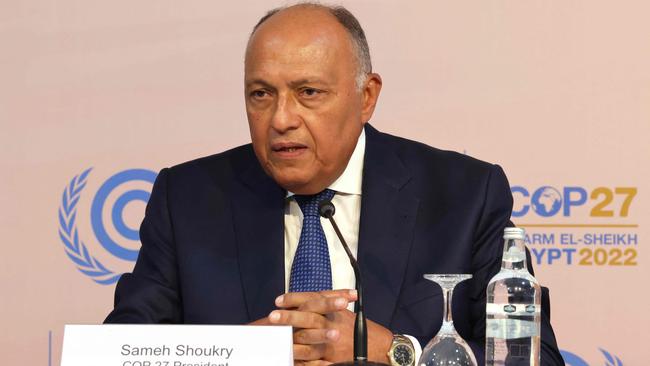
As world leaders assemble in the Egyptian resort town of Sharm el-Sheikh on the edge of the Red Sea for COP27 they are left in no doubt that this climate change conference is taking place on African soil.
Loss and damage, the price to be paid to developing nations to compensate for the consequences of climate change was put immediately on the table, and will stay at the heart of these negotiations.
Even before COP27 started, Egyptian Minister of Foreign Affairs Sameh Shoukry, who will act as COP27 president, said the task was “to restore the grand bargain that is at the centre of the Paris Agreement.”
That grand bargain is that industrialised countries compensate developing nations for what they say are climate-related losses. After decades of effort, the issue of loss and damage finally has been added to the official agenda of COP27.
Mr Shoukry said loss and damage “is recognised by the vast majority of the international community as a very fundamental issue that has to be addressed with transparency and dedication.”
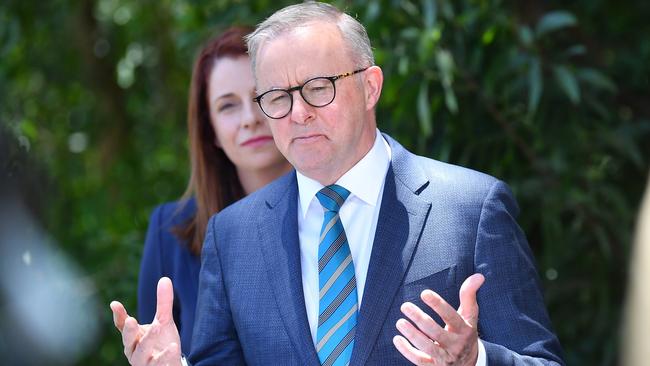
The US and European nations are concerned the concept of “loss and damage” will put them on the hook for spiralling liabilities. They refuse to call it compensation.
In a world where extreme weather events have come to define the meaning of climate change, untangling the expectations and obligations inherent in this bargain is near impossible.
By joining with Pacific Island neighbours in a bid to host a COP in 2026, the Albanese government has put Australia at the centre of this issue.
Small island states, including those in our region, have always held a special place in UN Framework Conference on Climate Change (UNFCCC) negotiations.
Pacific Islands governments argue that climate change and sea level rise represents an existential threat, despite scientific findings that many islands grow with rising seas.
Australia’s international climate change response is geared towards delivering aid and development funding to the region.
But it remains under pressure to re-engage with the Green Climate Fund, an international body that is designed to distribute part of the $US100bn a year that developed nations have agreed to provide each year.
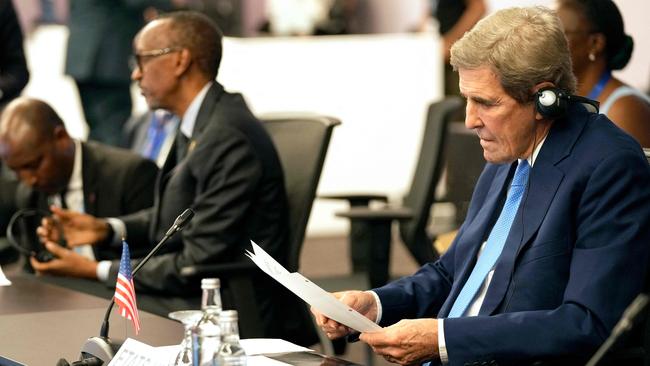
That figure of what is required is now stretching into the trillions.
Every action taken on climate change in Australia will now be seen through the prism of what it means for the nation’s pitch to hold a COP in 2026.
Mr Shoukry said leaders were gathering in Egypt at a time when global climate action was at a watershed moment.
“Multilateralism is being challenged by geopolitics, spiralling prices, and growing financial crises, while several countries battered by the pandemic have barely recovered, and severe and depleting climate change-induced disasters are becoming more frequent”, Mr Shoukry said.
He said COP27 “creates a unique opportunity in 2022 for the world to unite, to make multilateralism work by restoring trust and coming together at the highest levels to increase our ambition and action in fighting climate change”.
The other part of the grand bargain is “bifurcation”, the demand that developed countries have a special responsibility because of their historic carbon dioxide emissions and must take action and compensate the developed world for missed opportunity.
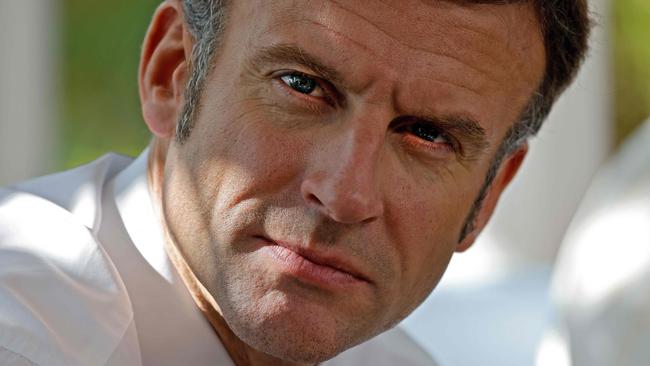
This is the only basis on which India will participate. It is what allows China to continue building coal fired power stations as the West shuts them down.
It is why, for all the promises that have been, global carbon dioxide emissions continue to rise.
Intergovernmental Panel on Climate Change (IPCC) reports say the world must slash greenhouse emissions 45 per cent by 2030 to cap global warming at 1.5C above late-19th-century levels, the more ambitious target of the Paris Agreement.
But according to the latest data, current trends would see carbon pollution increase 10 per cent by the end of the decade and Earth’s surface heat up 2.8C.
Only 29 of 194 countries have presented improved climate plans, as called for at the UN talks in Glasgow last year.
Some 110 heads of state and government are expected to participate in two days of talks, with the notable absence of Chinese leader Xi Jinping, whose country is the world’s top emitter of greenhouse gases.
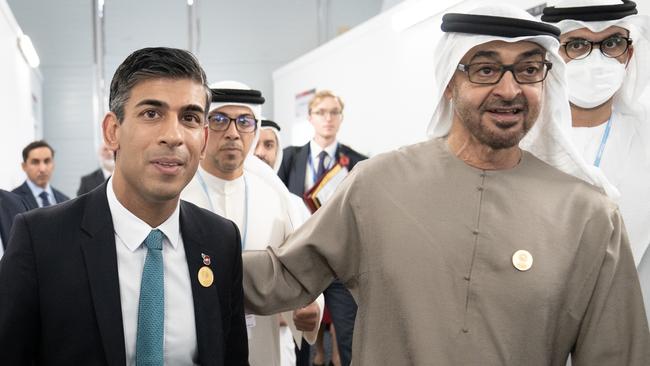
Indian President Narendra Modi will not attend either.
US President Joe Biden, whose country ranks second on the top-polluters list, will join COP27 later this week after midterm elections on Tuesday that could put Republicans hostile to international action on climate change in control of Congress.
British Prime Minister Rishi Sunak reversed a decision not to attend the talks rather than risk humiliation when former prime minister Boris Johnson said he would go.
Mr Sunak must strive to salvage something from the Glasgow COP last year that promised to phase out coal and stop logging the world’s forests.
Since then, major economies are moving back to coal as Russia puts the squeeze on gas. European nations have backtracked on a promise not to fund fossil fuel projects overseas.
South African President Cyril Ramaphosa set the scene for what to expect in Egypt. He unveiled a 1.5 trillion rand ($US84bn) plan to kickstart the decarbonisation of his country’s coal-dependent economy over the next five years.


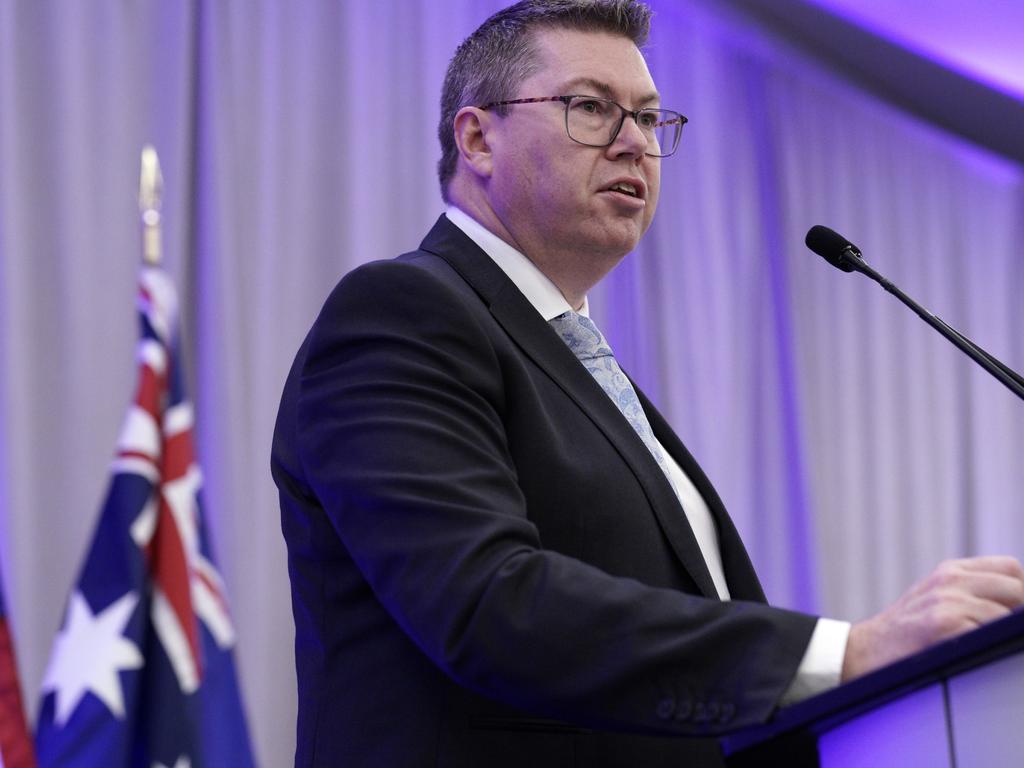
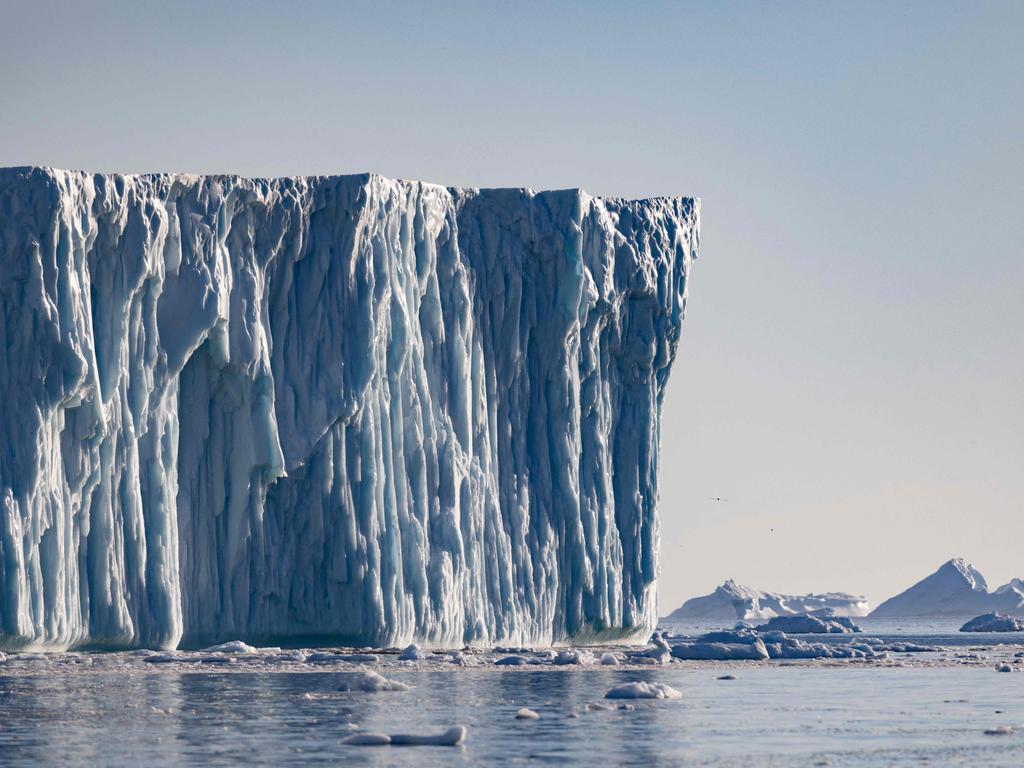
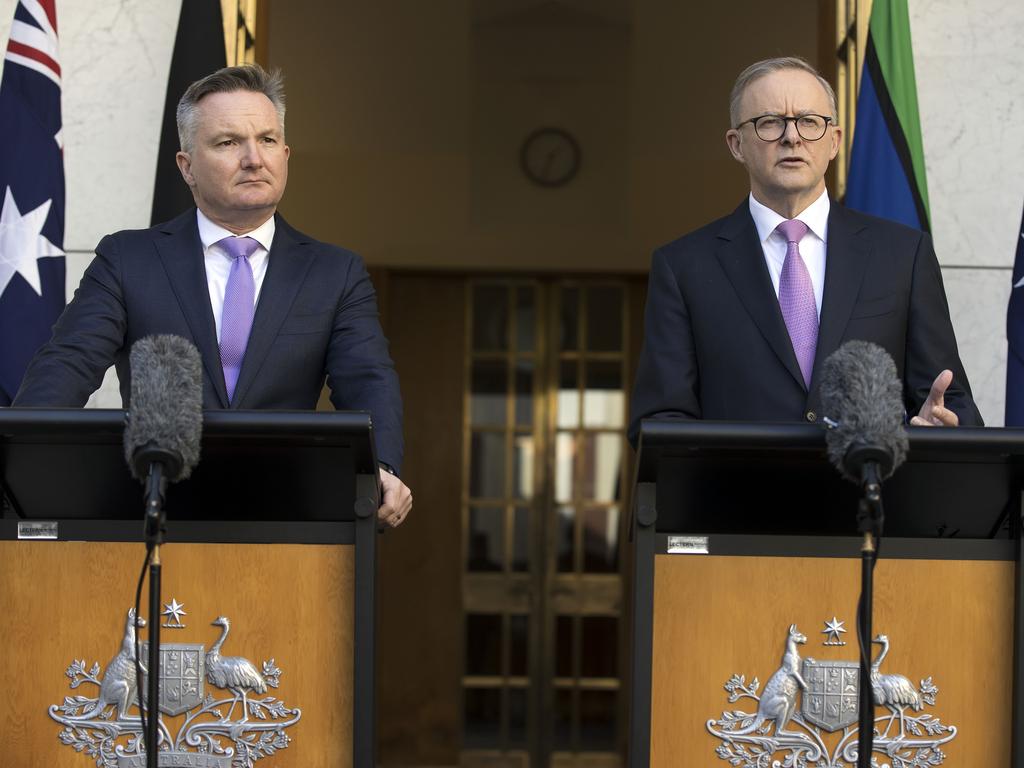


To join the conversation, please log in. Don't have an account? Register
Join the conversation, you are commenting as Logout